The MSI Creator TRX40 Motherboard Review: The $700 Flagship for Threadripper
by Gavin Bonshor on February 26, 2020 11:30 AM EST- Posted in
- Motherboards
- AMD
- MSI
- Ryzen
- TRX40
- Threadripper 3000
- Creator TRX40
- 3970X
- sTRX4
Board Features
At present, the MSI Creator TRX40 motherboard is the top model in its current line-up for AMD's Threadripper 3rd generation processors. Included in the controller set is an Aquantia AQC107 10 gigabit Ethernet controller and an Intel I211-AT gigabit Ethernet controller pairing, with an Intel AX200 Wi-Fi 6 wireless interface for Wi-Fi and BT 5.0 connectivity. For users looking to use PCIe 4.0 storage, the Creator TRX40 has three PCIe 4.0 x4 M.2 slots which also support SATA drives, and each slot includes its own M.2 heatsink. There is also six SATA ports which are controlled by the chipset, and support RAID 0, 1, and 10 arrays. With TRX40 being a HEDT platform, the board has four full-length PCIe 4.0 slots which operate at x16/x8/x16/x8, and there are eight memory slots supporting up to DDR4-4666 with a maximum capacity of 256 GB in quad-channel memory mode.
| MSI Creator TRX40 EATX Motherboard | |||
| Warranty Period | 3 Years | ||
| Product Page | Link | ||
| Price | $700 | ||
| Size | EATX | ||
| CPU Interface | sTRX4 | ||
| Chipset | AMD TRX40 | ||
| Memory Slots (DDR4) | Eight DDR4 Supporting 256 GB Quad Channel Up to DDR4-4666 |
||
| Video Outputs | N/A | ||
| Network Connectivity | Aquantia AQC107 10 GbE Intel I211-AT 1 GbE Intel AX200 Wi-Fi 6 802.11ax |
||
| Onboard Audio | Realtek ALC1220 Realtek ALC4050H |
||
| PCIe Slots for Graphics (from CPU) | 4 x PCIe 4.0 x16 (x16/x8/x16/x8) | ||
| PCIe Slots for Other (from PCH) | N/A | ||
| Onboard SATA | Six, RAID 0/1/10 (TRX40) | ||
| Onboard M.2 | 3 x PCIe 4.0 x4/SATA | ||
| USB 3.2 (20 Gbps) | 1 x Type-C Rear Panel | ||
| USB 3.1 (10 Gbps) | 5 x Type-A Rear Panel 1 x Type-C Front Panel |
||
| USB 3.0 (5 Gbps) | 4 x Type-A Rear Panel 4 x Type-A Front Panel |
||
| USB 2.0 | 4 x Type-A Front Panel | ||
| Power Connectors | 1 x 24-pin ATX 2 x 8pin CPU |
||
| Fan Headers | 1 x CPU (4-pin) 1 x Water Pump (4-pin) 4 x System (4-pin) 3 x Extend (4-pin) |
||
| IO Panel | 4 x USB 3.1 G2 Type-A 5 x USB 3.1 G1 Type-A 1 x USB 3.2 G2 20 G Type-C (ASMedia) 1 x Network RJ45 10 G (Aquantia) 1 x Network RJ45 1 G (Intel) 5 x 3.5mm Audio Jacks (Realtek) 1 x S/PDIF Output (Realtek) 2 x Intel AX200 Antenna Ports 1 x Flash BIOS Button 1 x Reset CMOS Button |
||
In terms of USB support, the MSI Creator TRX40 rear panel includes a single USB 3.2 G2 20 G Type-C port provided via an ASMedia ASM2342 USB controller, with four USB 3.1 G2 Type-A, and five USB 3.1 G1 Type-A ports. For expansion, the MSI Creator TRX40 has a front-panel USB 3.1 G2 Type-C header, as well as two USB 3.1 G1 Type-A headers, and two USB 2.0 headers. Also on the rear panel is five 3.5 mm audio jacks and an S/PDIF optical output powered by a Realtek pairing of an ALC1220 and ALC4050 HD audio codec.
Test Bed
As per our testing policy, we take a high-end CPU suitable for the motherboard that was released during the socket’s initial launch and equip the system with a suitable amount of memory running at the processor maximum supported frequency. This is also typically run at JEDEC subtimings where possible. It is noted that some users are not keen on this policy, stating that sometimes the maximum supported frequency is quite low, or faster memory is available at a similar price, or that the JEDEC speeds can be prohibitive for performance. While these comments make sense, ultimately very few users apply memory profiles (either XMP or other) as they require interaction with the BIOS, and most users will fall back on JEDEC supported speeds - this includes home users as well as industry who might want to shave off a cent or two from the cost or stay within the margins set by the manufacturer. Where possible, we will extend out testing to include faster memory modules either at the same time as the review or a later date.
| Test Setup | |||
| Processor | AMD Ryzen Threadripper 3970X, 280W, $1999 32 Cores, 64 Threads, 3.7 GHz (4.5 GHz Turbo) |
||
| Motherboard | MSI Creator TRX40 (BIOS v11 - PI1.0.0.2) | ||
| Cooling | Thermaltake Floe Riing RGB 360 | ||
| Power Supply | Thermaltake Toughpower Grand 1200W Gold PSU | ||
| Memory | Corsair Dominator Platinum RGB 4x8 GB DDR4-3200 | ||
| Video Card | MSI GTX 1080 Gaming 8G | ||
| Hard Drive | Crucial MX300 1TB | ||
| Case | Open Benchtable BC1.1 (Silver) | ||
| Operating System | Windows 10 1909 | ||
Readers of our motherboard review section will have noted the trend in modern motherboards to implement a form of MultiCore Enhancement / Acceleration / Turbo (read our report here) on their motherboards. This does several things, including better benchmark results at stock settings (not entirely needed if overclocking is an end-user goal) at the expense of heat and temperature. It also gives, in essence, an automatic overclock which may be against what the user wants. Our testing methodology is ‘out-of-the-box’, with the latest public BIOS installed and XMP enabled, and thus subject to the whims of this feature. It is ultimately up to the motherboard manufacturer to take this risk – and manufacturers taking risks in the setup is something they do on every product (think C-state settings, USB priority, DPC Latency / monitoring priority, overriding memory sub-timings at JEDEC). Processor speed change is part of that risk, and ultimately if no overclocking is planned, some motherboards will affect how fast that shiny new processor goes and can be an important factor in the system build.


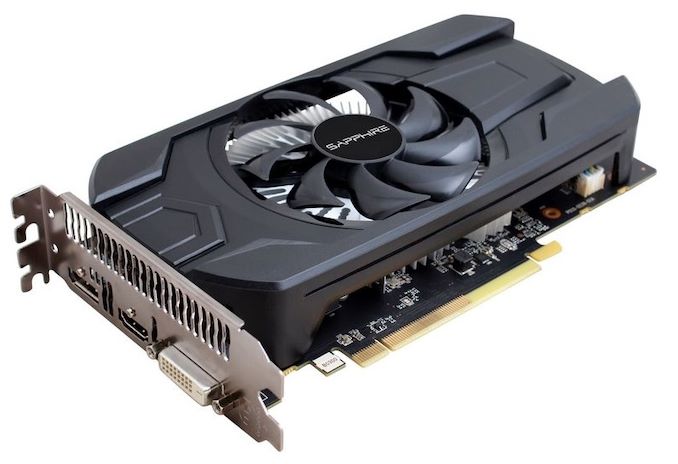
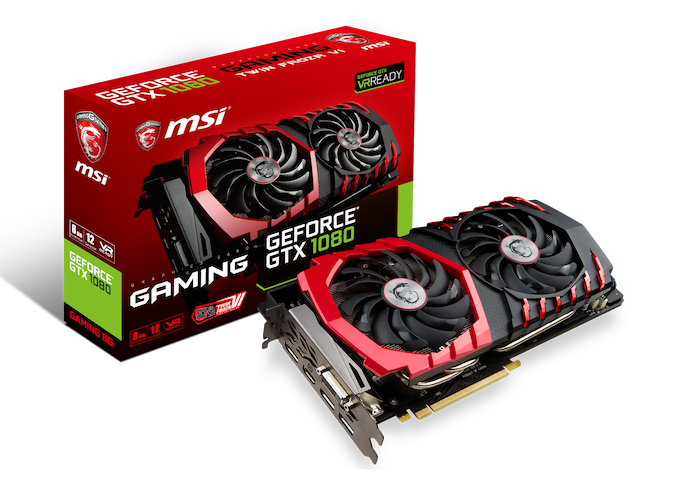
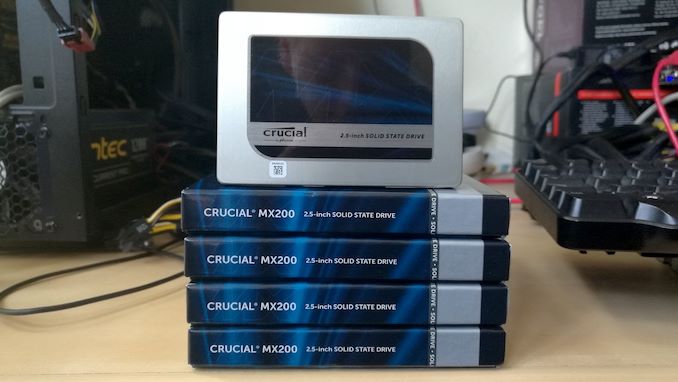
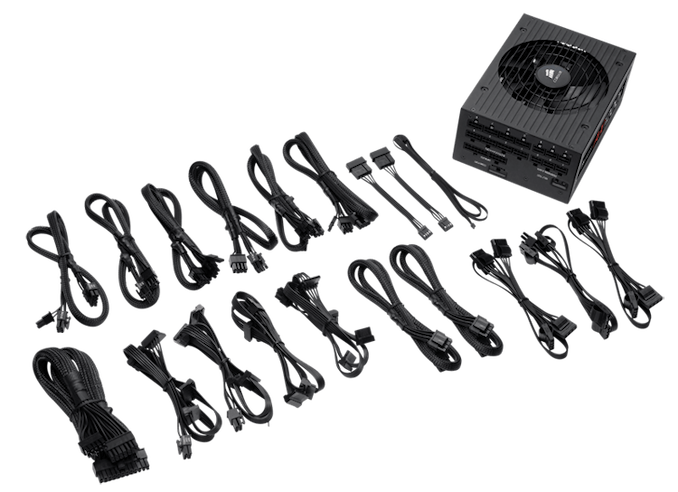
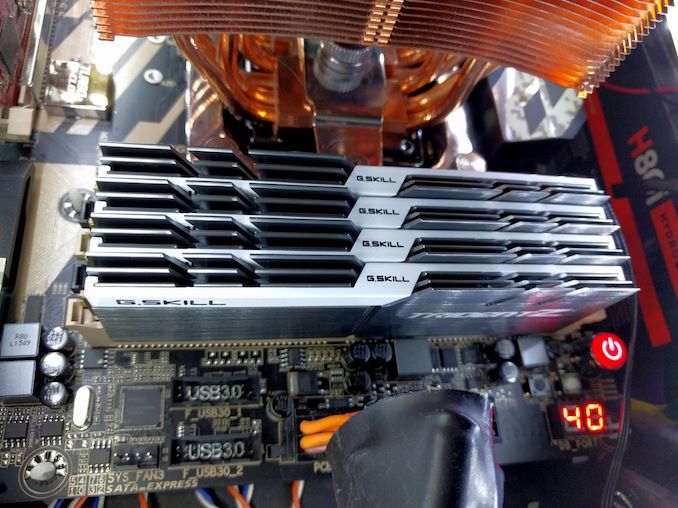
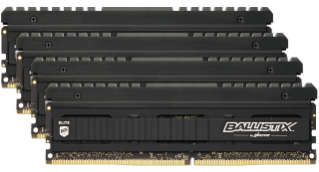
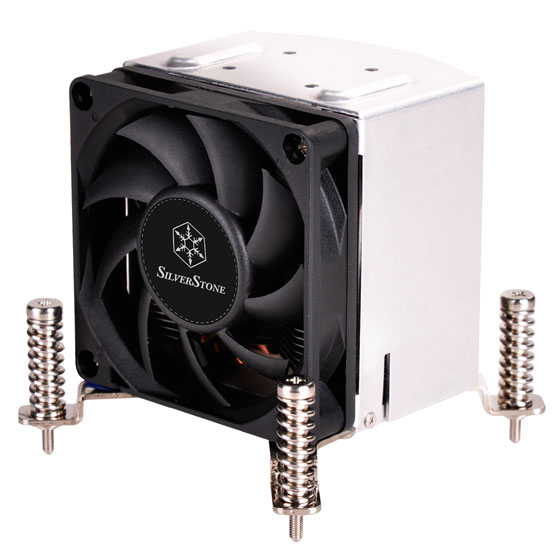
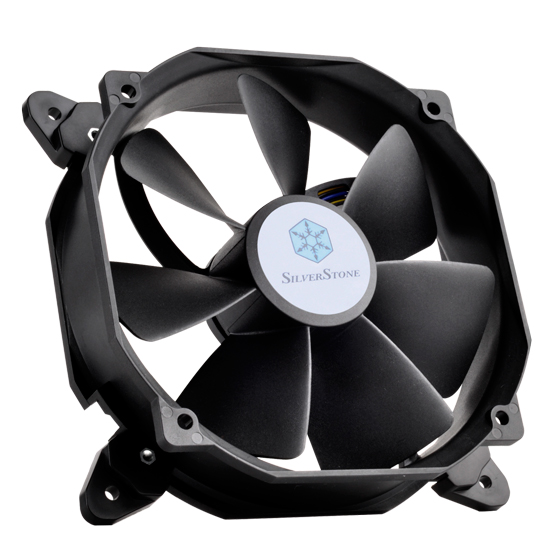








42 Comments
View All Comments
timecop1818 - Wednesday, February 26, 2020 - link
For when you spend nearly $4000 on a useless processor and have another $700 burning a hole in your pocket.Korguz - Wednesday, February 26, 2020 - link
yea ok intel shill, go to wccftech where you belongMikewind Dale - Wednesday, February 26, 2020 - link
Useless for you, maybe. But others may have a use.For example, I'm currently working on a multi-threaded statistical regression that takes 3 days to run on an 8-core Ryzen. I'd love to have 64 cores.
mrvco - Wednesday, February 26, 2020 - link
Useless in the 'my idea of gaming is running benchmarks at 1080p with dual RTX-2080 Ti GPUs' sense.bill.rookard - Wednesday, March 4, 2020 - link
Ouch! Yeah - having 8 times the physical cores would cut that down to... what? About 9-10 hours from 72 hours? I can see where you may need something like that. Imagine if you had 2P Epyc? You could run 2 sims in an 8 hour workday...nandnandnand - Wednesday, February 26, 2020 - link
Lol, I remember you from first post on the TR 3990X article:https://www.anandtech.com/show/15483/amd-threadrip...
You are useless and need a banning.
extide - Wednesday, February 26, 2020 - link
Imagine living a life so banal and boring that all you can do is get the first post on every AMD article and bash it.ingwe - Wednesday, February 26, 2020 - link
I would at least hope they are a paid shill. But who knows. Really wish they would ban them thoughrahvin - Thursday, February 27, 2020 - link
There's no reason to ban him. He's a shill, everyone knows it. He's had the gall to defend a $20K Intel processor with half the cores and trash talk the AMD processor that's both cheaper and more powerful in every regard in the same comment.You should remember, there's a pretty good chance he's a kid that feels like he bought into a "team" (or tribe) when he purchased his first Intel CPU and feels the need to defend that team at every point. It's human nature to try to show tribal loyalty, though you wish more people could see they are doing it and realize how dumb it is.
Irata - Friday, February 28, 2020 - link
Very well put.